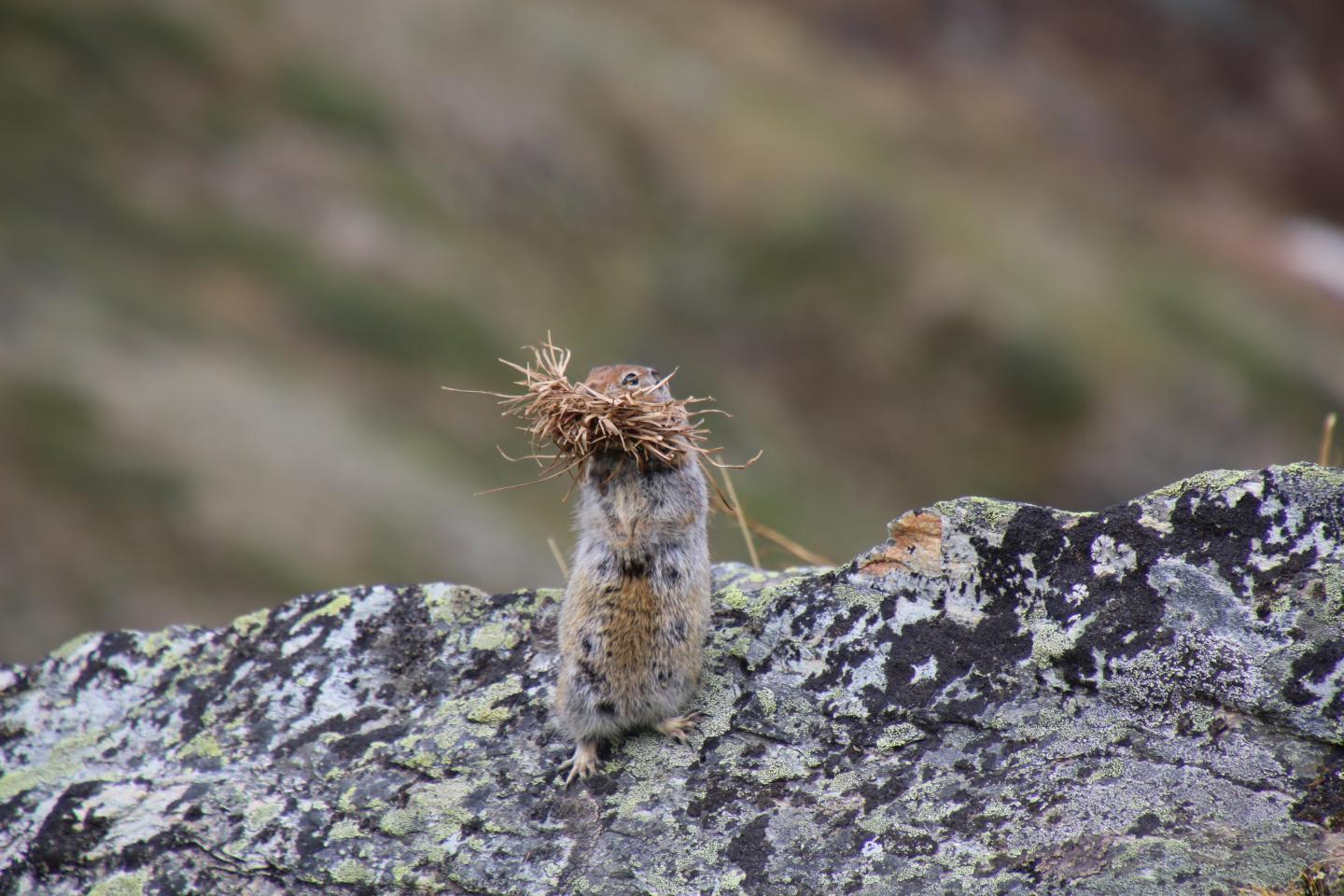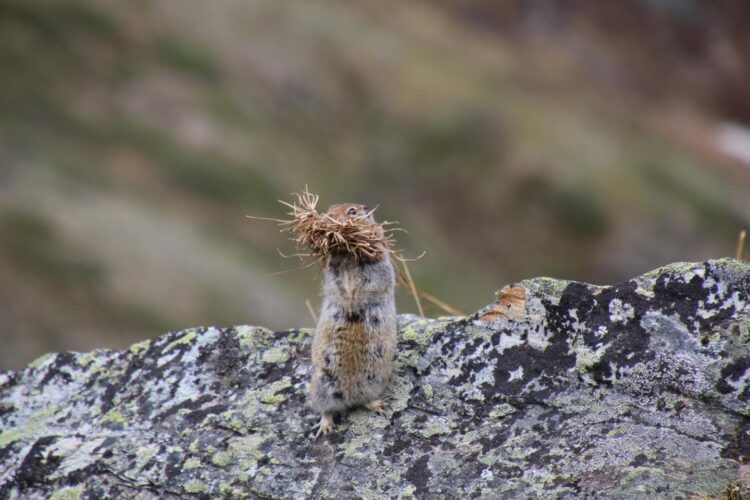UMass Amherst ecologist and team synthesize climate change refugia science developments to date

Credit: UMass Amherst/Toni Lyn Morelli
The notion of conserving climate change refugia – areas relatively buffered from current climate change that shelter valued wildlife, ecosystems, and other natural resources – is only about 10 years old, but the field has matured enough that a leading journal has prepared a special issue on the topic.
It offers “a look back at how far we’ve come and a view forward to the work that is still needed,” says editor Toni Lyn Morelli, a research ecologist at the U.S. Geological Survey’s Northeast Climate Adaptation Center (NE CASC) at the University of Massachusetts Amherst. “I believe this is the first time there has been a special issue devoted to climate-change refugia” she adds, “so we think it will spur conservation and innovation.”
The 100-page issue of Frontiers in Ecology and the Environment organized by Morelli features a new synthesis of developments in refugia science, plus eight articles by experts in the field and an editorial by paleo-ecologist and director of the Southwest and South Central Climate Adaptation Science Centers, Stephen Jackson.
Jackson says, “As in the case of the Covid-19 pandemic, our best hope is to render the climate change wave low and slow, reducing impacts and buying time to study, prepare, understand and adapt.” The introductory article outlines how climate-change refugia can serve as a “slow lane” to protect native species and ecosystems from the negative effects of climate change and as safe havens for biodiversity and ecosystems in the longer term.
The special issue covers a variety of topics, including refugia related to fish and wildlife, rivers and wetlands, mountains and forests – plus conceptual advances and examples of the successful application of refugia maps and data to management questions.
Author Diana Stralberg at the University of Alberta, Canada, points out, “We are trying to find those areas where things are moving a bit more slowly in terms of climate change and where plants and animals have more opportunity to survive, whether they are already living there or could shift into those areas.”
Morelli is a founding member of the Refugia Research Coalition (RRC), a network of scientists, resource managers, and others associated with the Climate Adaptation Science Centers, particularly the Northwest CASC hosted by the University of Washington and its Northeast counterpart hosted by UMass Amherst. (hyperlink: climaterefugia.org).
“We formed the RRC about five years ago to share ideas, hold workshops, engage with practitioners, and share our science,” Morelli recalls. The group’s diversity of research, expertise and approaches gave her the idea for a special issue.
“We wanted to synthesize the science around climate change refugia over the last 10 years, to identify gaps and opportunities for the future, and highlight successes in applications that have been developed for management and conservation,” she notes. “I was extremely fortunate to work with such a dynamic and accomplished group of co-authors,” Morelli adds.
###
Support for the special issue came from the Northeast, Northwest, and National Climate Adaptation Science Centers of the U.S. Geological Survey.
Media Contact
Janet Lathrop
[email protected]
Original Source
https:/
Related Journal Article
http://dx.





